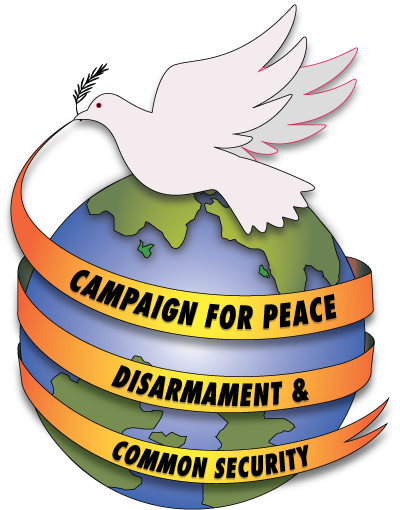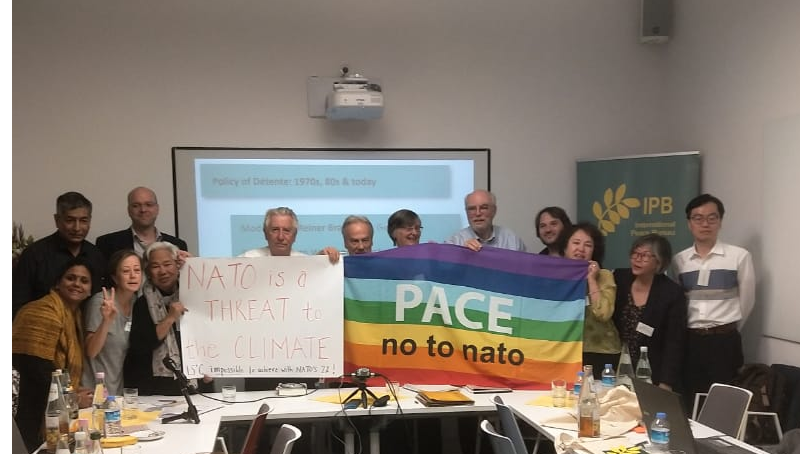AEPF, IPB conference, Berlin, 23-24 September, 2019.
We in the Europe Asia peace movements, resolutely recommend commitment to the idea of a Common Security. Earlier developed by the Palme Commission (1982), we are re-imagining and proposing Common Security as a peace and justice instrument as part of a people’s agendaaccepted by all 57 OSCE countries with the Charter of Paris (November 1990) which brought the cold war to an end.
We are living at the edge of unprecedented and multiple crises reflected in: international economic and social production processes; fragmentation of social cohesion, rise and election of nationalist authoritarianisms, an attack on multilateralism and disregard of international law, and almost irreversible climate catastrophe, and destruction of ecology. The presence of more than four million people across the world who protested on 22nd September, shows that people, especially the young want dramatic policy changes without which a climate extinction is a reality. It is clear that the climate cannot be saved in a system undergirded by unrestrained militarization, continued nuclear weaponisation, and unrestricted consumerism, neoliberal competition and economic growth in the industrialised countries. Hegemonic politics and aggression by the US led forces and unilateral sanctions add to the spiral of violent retribution.
We activists of the international peace movements recommend:
A new security architecture where Eurasia is an appropriate geopolitical zone to move from a politics of confrontation and sanctions to a politics of cooperation, dialogue and peace. The Charter of Paris from November 1990 should be accepted as the basis for a policy of cooperation and dialog. The existing instrument for a policy of cooperation in Eurasia is the OSCE. It must be strengthened and further developed.
That the nuclear powers cease the upgrading of their nuclear arsenals, move to fulfil their obligations under the nuclear non proliferation treaty and the international Court of Justice’s advisory opinion on the Use and Threat of Use of Nuclear Weapons and pursue detente based on the six primary principles of the Palme Commission. The Treaty of the Prohibition of Nuclear (TPNW) must be signed and ratified by all countries.
That a climate and environment saving fund should come from international cuts in defence and military expenditure. Reductions in military spending with the savings redirected to addressing urgent human needs and investment in infrastructures that contribute to sustainability.
We urge that all states implement Security Council Resolution 1325, and equally include women and young people in conflict resolution and all policy making bodies.
A commitment to anti-racism is a way to ensure national and international cohesion.
The Berlin Wall and its end thirty years ago shows that the new trend of building walls is unsustainable, unworkable, undemocratic and will be resisted by popular movements.
A return to multilateralism and strengthened international laws that can assist in ending all armed conflicts, and ending state and non state led violence.
We oppose military alliances since these increase threat perceptions and lead to increased all round militarisation. Thus an inclusive Common Security, related to all human security would better provide security with justice for all peoples at this time of climate emergency. This has been articulated in SDG 17 and in the principles of the OECE.

